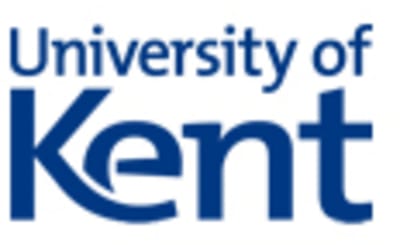
BSc (Hons) Sport and Exercise Science
DURATION
3 up to 6 Years
LANGUAGES
English
PACE
Full time, Part time
APPLICATION DEADLINE
Request application deadline
EARLIEST START DATE
Request earliest startdate
TUITION FEES
EUR 22,700 / per year

STUDY FORMAT
On-Campus
Key Summary
Introduction
Taking part in sport can be life-changing and so can a degree in sport and exercise science. Gaining the skills to boost elite athletes’ performance, improve fitness in the general population or support people with ongoing health conditions opens up rewarding career options.
You’ll be joining a school that’s passionate about sport – playing it, understanding its impact and promoting it. Our links with external sports organisations, community groups and clubs, combined with outstanding on-campus facilities, ensure you gain in-depth knowledge alongside practical experience.
Our academic staff are leaders in their fields, producing research that improves the performance of coaches and athletes and looks at how sport and exercise can improve physical and mental health in the general population. They are also approachable and use their top-level experience to help you choose modules that support your career ambitions.
Gallery
Admissions
Curriculum
Stage 1
- Introduction to Sport & Exercise
- Nutrition
- Introduction to Sport and Exercise Physiology
- Introduction to Sport & Exercise Psychology
- Anatomy and Biomechanics of Movement Research in Sport and Exercise Sciences
- Sports Academic Advising and Skills Development I
Stage 2
- Applied Exercise Physiology
- Applied Sport and Exercise Psychology
- Analysis in Sport Research Methods, Design and Planning
- Applied Sport and Exercise Biomechanics
Stage 3
- Dissertation
Program Tuition Fee
Career Opportunities
As a Sport and Exercise Science graduate, you'll leave Kent with an excellent grounding in scientific knowledge and extensive laboratory experience. In addition, you also develop the key transferable skills sought by employers, such as:
- excellent communication skills
- work independently or as part of a team
- ability to solve problems and think analytically
- time management.
This means that our graduates are well-equipped for careers across a range of fields. They have gone on to work in sports science support for elite athletes, and professional sports teams, teaching and in the NHS for physical activity, exercise referral or health promotion.
Student Testimonials
Program delivery
How you'll study
- Lectures
- Seminars
- Tutorials
- Independent Study
- Workshops
- Lab Work
Teaching and assessment
Teaching involves practical laboratory and sports-based sessions, lectures, small group seminars and private study. You will have several lectures and practical sessions and a series of seminars each week – depending on the optional modules you select. You may also be required to spend time developing your practical skills and experience in placement or event situations.
Methods of assessment vary depending on the module but predominantly involve coursework, observed assessment, practical tests and, where appropriate, clinical assessments. Some modules are assessed via written exams.
Contact hours
For a student studying full-time, each academic year of the program will comprise 1200 learning hours which include both direct contact hours and private study hours. The precise breakdown of hours will be subject-dependent and will vary according to modules.
Methods of assessment will vary according to subject specialism and individual modules.
Please refer to the individual module details under Course Structure.













